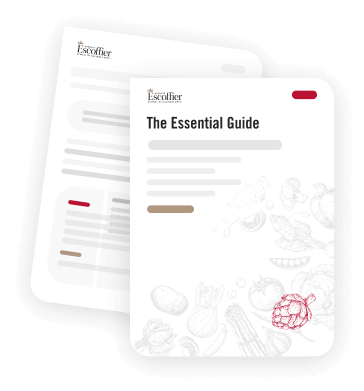Replace Refined Carbohydrates With Whole Grains

As students at international culinary schools are aware, there is a difference between good and bad carbs. Good carbs come from whole grains and give our body energy and nutrients over long periods of time, whereas bad carbs are processed and refined, having very little nutritional value left. This can cause blood sugar to spike and drop irregularly. According to a recent study published in the American Journal of Clinical Nutrition, these bad carbs trigger parts of the brain that are associated with cravings and addictions. During the study, researchers also examined where the addiction portion of the brain is activated and found that during a crash, consuming fast-acting carbs is when the body begins to crave more. These overly-processed carbs are the very kinds that are found in cookies, cakes, white bread and bagels.
Making substitutions
The findings of this study indicate that making smarter carbohydrate choices can help people have better control of their weight and prevent obesity. While working on your online cooking courses, start experimenting with different healthy carb options so that someday when you open your own restaurant you can serve people tasty food that is also good for their health. What’s considered a good carbohydrate? Typically anything that is a whole grain can be considered good because it is low on the glycemic index, meaning it won’t cause a huge surge in blood sugar levels. Have fun experimenting with the flavors of these grains – you may even find that you prefer them over their more familiar and refined cousins.
Here are a few examples of whole grains that you should consider working into your diet as substitutions for refined carbs:
- Oats tend to be sweeter than other grains, making them perfect for breakfast cereals or the baking & pastry arts. They also have a type of fiber that is effective at lowering cholesterol and contains antioxidants that protect the blood vessels.
- Quinoa is loaded with protein, making it a great staple for anyone following a vegetarian or vegan diet.
- Rice is highly nutritious, easily digested and gluten-free – just make sure that you aren’t eating refined white rice, which isn’t as healthy as black or brown varieties.
- Sorghum is a great gluten-free grain that can be eaten like popcorn, in porridge or ground into flour for baking.
- Wheat is the most common whole grain because its high gluten levels make it ideal for baking breads and other goods.
If you like this post, please be sure to check out the following!
Competition For The Mediterranean Diet
Daily Bread Consumption Can Improved Heart Health, Study Shows
Ancient Grains To Be Featured More Prominently In 2013

